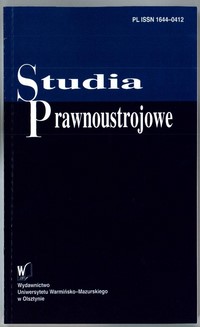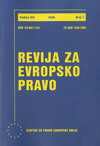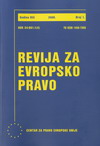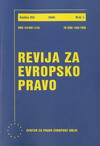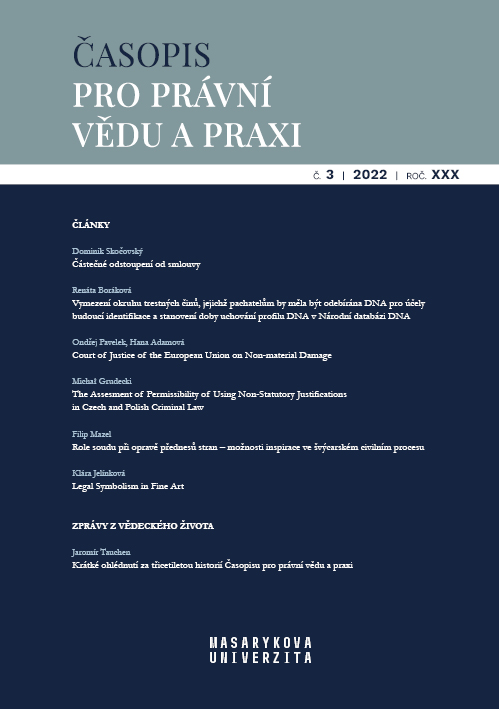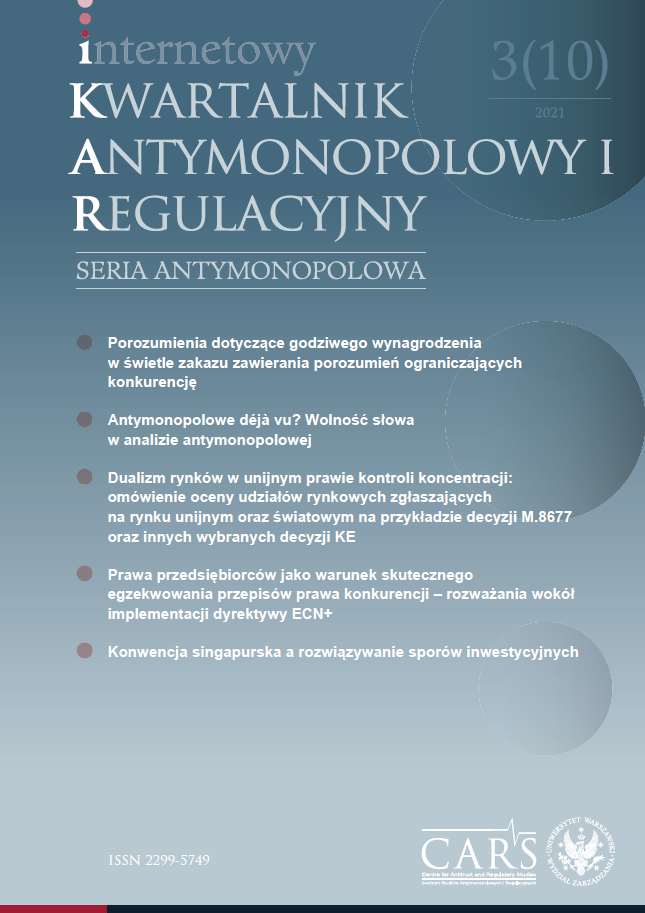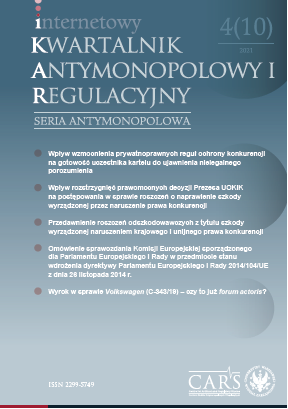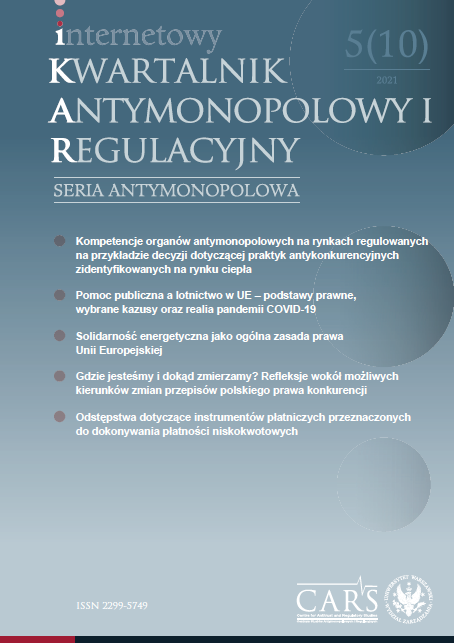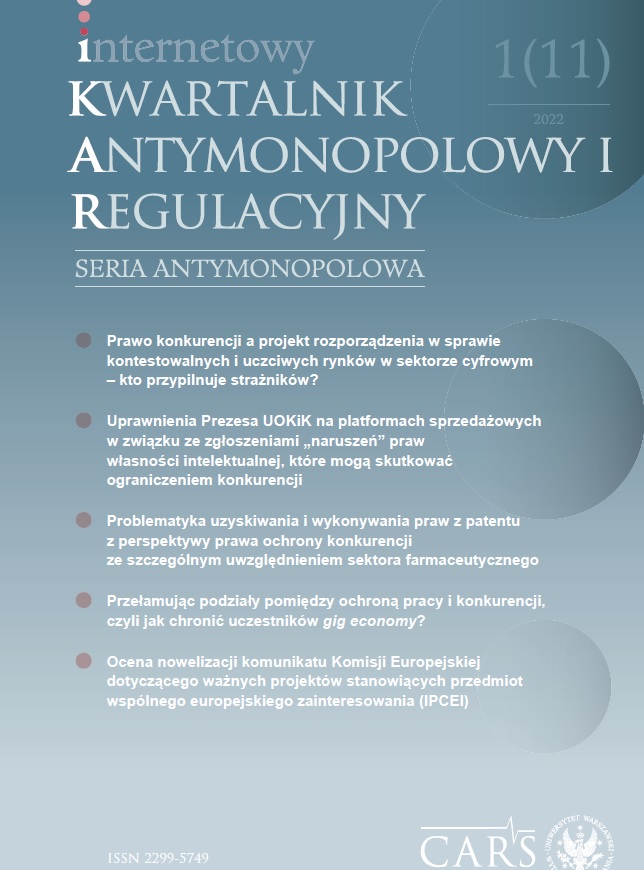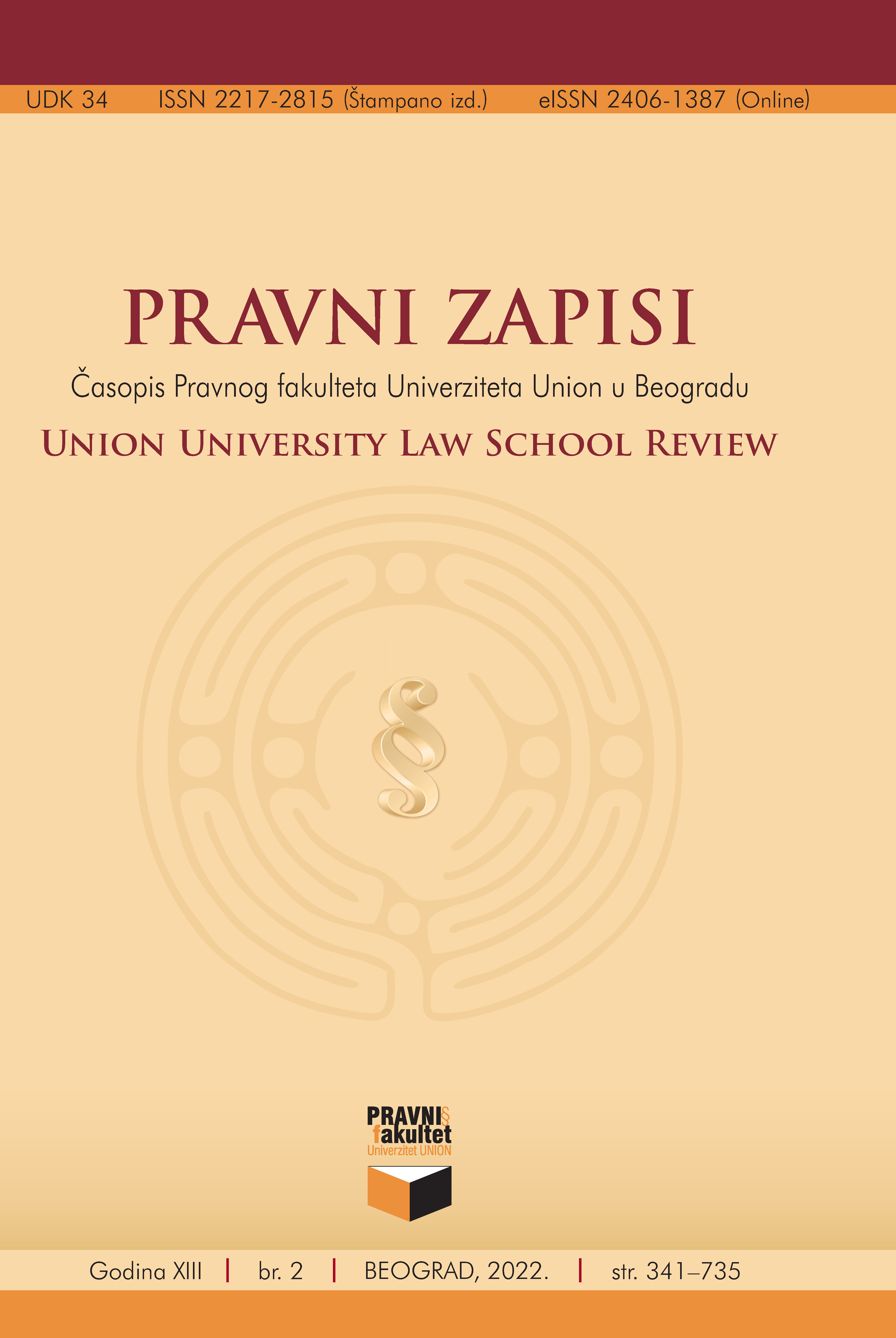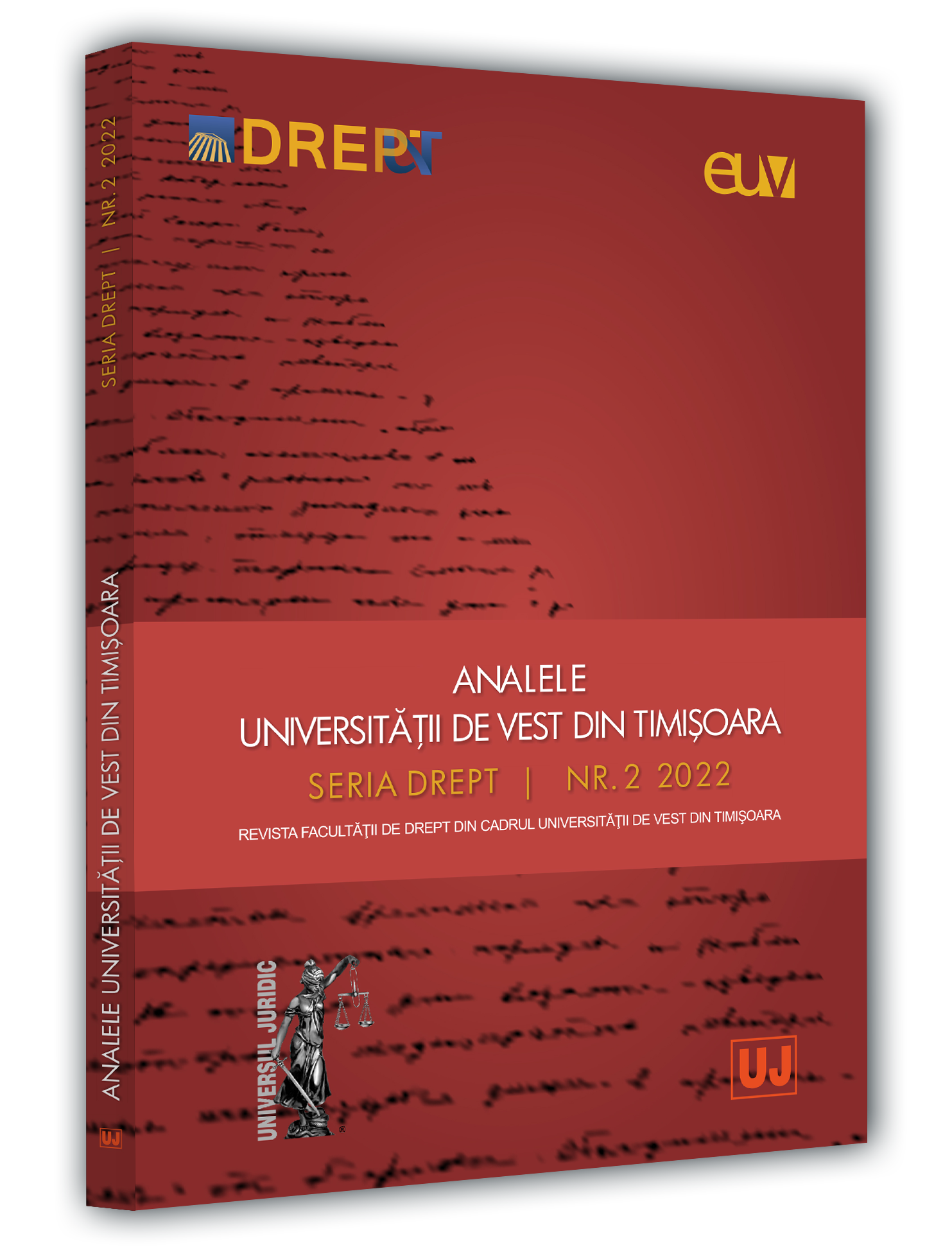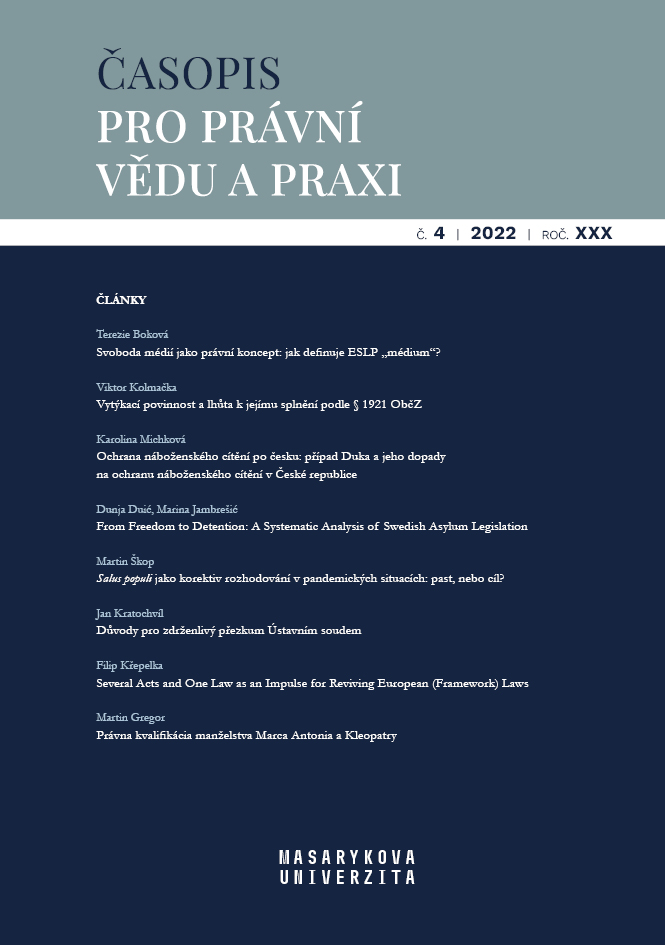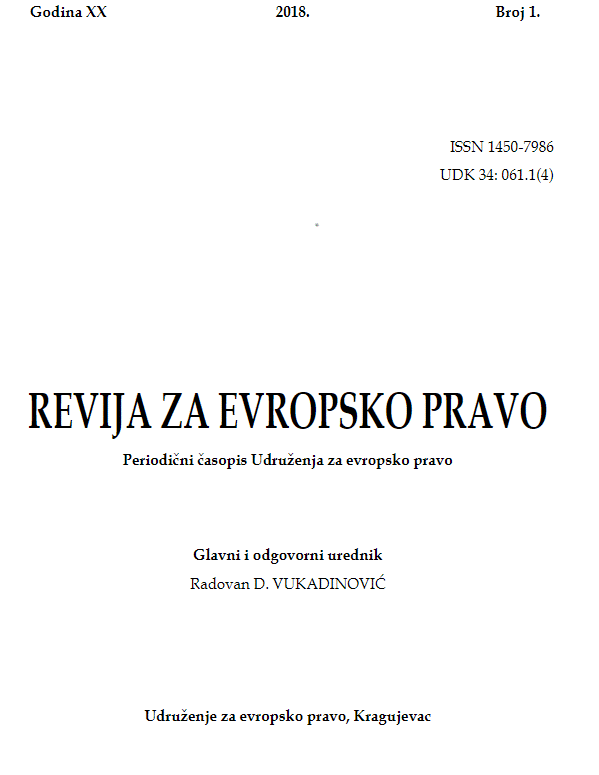
INFORMIRANJE POTROŠAČA FINANCIJSKIH USLUGA O EKS-U I FINANCIJSKA (NE)PISMENOST
Information duty is a common topic in the legal literature of European consumer contract law because the directives favor this consumer protection instrument. When it comes to retail financial services, it is assumed that a well-informed consumer on all aspects of financial services is able to protect themselves. The basis for the effective protection of the users of financial services is the legal obligation to provide information, but providers create and know their products well, they have the most qualified professional resources, which despite the consumers empowerments often leads to an unequal bargaining position, while very small number of consumers have the necessary expertise related to financial services.For this reason, this paper deals with the duty to inform, looking through the lenss of the standard information on annual percentage rate that has the status of key information when it comes to the actual cost of consumer credit. In addition, the paper analyzes the problem of consumer financial literacy, also in order to obtain a real picture of the extent to which the legal obligation to inform, after the harmonization of positive regulations with Directive 2008/48/EC has improved the negotiation position of consumers in Bosnia and Herzegovina, empirical research was conducted. The aim of the research was to determine the level of consumer awareness of information on annual percentage rate and the level of real understanding of this complex financial concept.
More...
